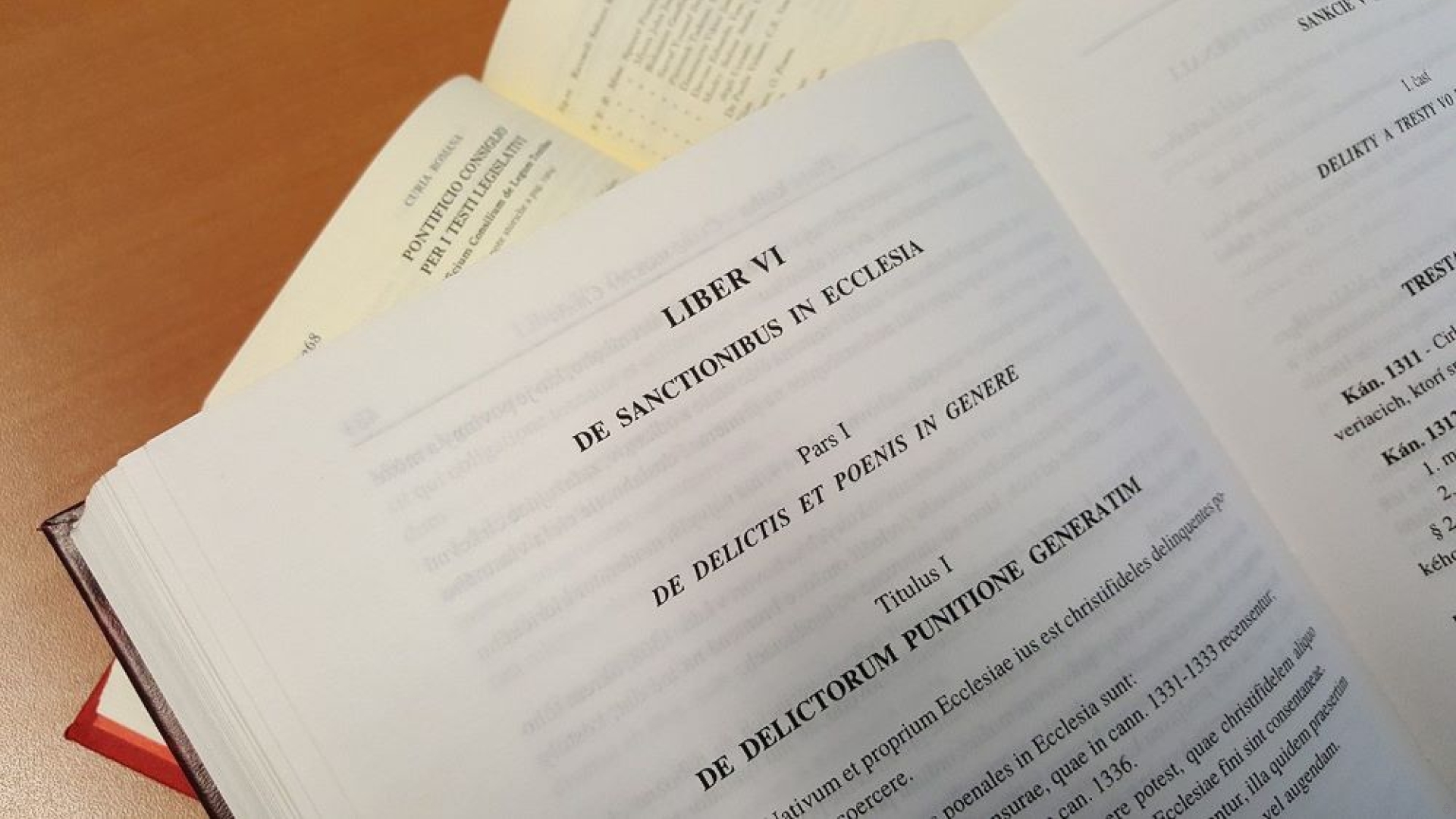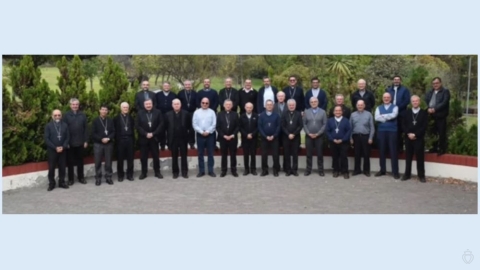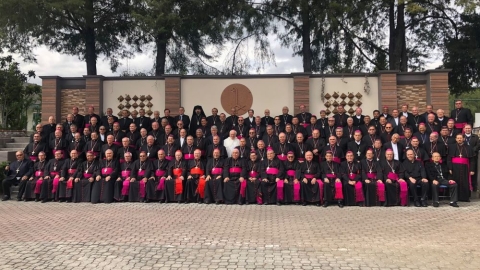The Ordination of Women is Now an Offense in Canon Law

Revised Book VI
On June 1, 2021, Pope Francis approved a revised version of Church law that explicitly criminalizes conferring sacred orders on women. In doing so, Rome has just put an obstacle on the Synodal Path which the Church of Germany has entered.
“It’s a big disappointment and another slap in the face for us women.” For Agnes Wuckelt the pill for overhauling Book VI of the Code of Canon Law, which deals with sanctions, offenses and penalties in the Church, is struggling to pass.
One can imagine the bitterness of the vice-president of the Association of Catholic Women of Germany (Kfd) – an activist feminist association for the ordination of women - at the reading of Canon 1379 §3, which presents the attempt to ordain a woman, as an offense punishable by a penalty of up to excommunication.
The text reads as follows: “Both the one who tries to confer a sacred order on a woman and the woman who tries to receive it, incurs a penalty of excommunication “latae sententiae” reserved to the Holy See; the responsible cleric may also be punished by exclusion from the clerical state.”
Latae sententiae is a legal term which means that the penalty is incurred automatically, as soon as the offense is established, without the need for a judgment. The term “reserved to the Holy See” means that the excommunication can only be lifted by the Pope.
It should be noted that the canon says “sacred orders,” a term which includes the diaconate, the priesthood, and the episcopate. Until now, the canon has been less explicit, referring only to the “simulated sacrament” to which the conferring of sacred orders on women was attached.
In 2007, the Congregation for the Doctrine of the Faith (CDF), then headed by Cardinal William Levada, issued a general decree fulminating major excommunication concerning this type of ordination, which is invalid anyway. At that time, several “ordinations” of women - often done by non-Catholic bishops - hit the headlines.
This decree is now incorporated in the new version of Canon 1379.
Although it is customary to incorporate recent decrees in the revision of laws, this Canon has the effect of a cold shower across the Rhine. Because, within the framework of the Synodal Path, the changes most frequently requested concern the blessing of same-sex couples, and the ordination of deaconesses.
On the first point, the Holy See recalled last March, channeled through the CDF, the illegitimate nature of the blessings of unnatural unions, but without specific penalties being defined. In response, many unions were blessed a few days later by a German clergy that no longer hesitates to openly defy the Vatican.
As for the second point, in order to cut short the requests to grant sacred orders to women which adorn the preparatory documents for the Synodal Path, Rome no doubt wished to act in anticipation, by including this new offense in the Code of Canon Law.
From now on, for a bishop, the fact of crossing the red line will be punishable by excommunication which would have the effect of making a latent schism more visible: a way for Rome to make the Church in Germany face up to its responsibilities.
In the Vatican, there is cause to wonder - cum grano salis - if the Argentinian pontiff, who was personally involved, on numerous occasions, in the promotion of women within the Church, really read the revised canon before signing its promulgation, on June 1.
(Sources : Saint-Siège/Kfd – FSSPX.Actualités)





